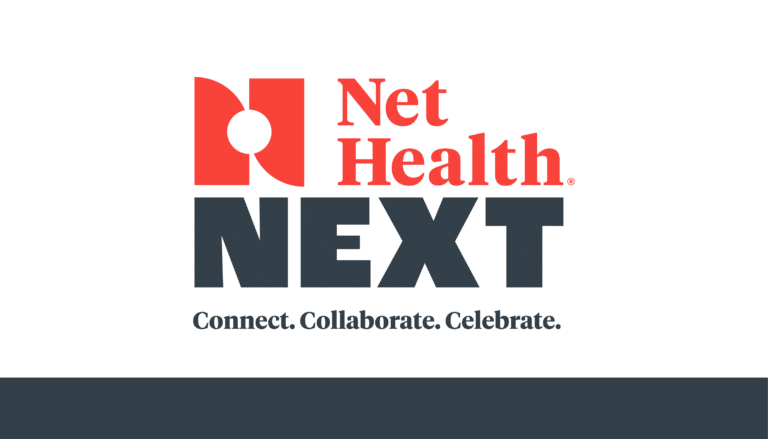September 8, 2020 | Net Health
3 Minute Read
Tips for Fulfilling CMS’ New Reporting and Testing Requirements for Long-Term Care Facilities
In the continued effort to combat the spread of COVID-19, the Centers for Medicare & Medicaid Services (CMS) recently rolled out new requirements for long-term care facilities. While many of us are already doing our part by complying with suggested courses of action, the recommendations have now been upgraded to requirements with some stiff penalties for non-compliance. Luckily, there are some great resources available to assist in getting on board with the changes quickly and effectively.
What Did CMS Change?
On August 25, 2020, the CMS announced several changes to how long-term care facilities are to test employees and residents for COVID-19 and to the reporting of critical COVID-19 data.1 Many items that previously were only recommendations are now requirements for continuing to receive Medicare and Medicaid reimbursements. Additionally, non-compliance could result in civil financial penalties.
Here’s what we know.
For SNFs/Nursing Homes
- Routine testing of nursing home staff for COVID-19 has been upgraded from a recommendation to a requirement for participation in Medicare and Medicaid programs.
- The volume requirement for employee testing at nursing homes is dependent on the “degree of community spread.” Specific guidance is set to be released shortly but will not be any less than a weekly report.2
- Nursing homes must offer tests to residents if any other residents show symptoms, or there is evidence of an outbreak.
- Non-compliance may result in financial penalties “in excess of $400 per day, or over $8,000 for an instance of non-compliance.”
Net Health Employee Health offers total compliance tracking for SNFs.
Schedule an Overview
For Hospitals
- Hospitals are now required to report critical data points relating to COVID-19 daily for participation in Medicare and Medicaid programs.
- Required data points include things like the number of confirmed or suspected COVID-19 positive patients, ICU bed utilization and capacity, and the availability of essential supplies and PPE.
- Hospitals that fail to comply will “face possible termination of Medicare and Medicaid payment if unable to correct reporting deficiencies.”
Why It’s Important That We Comply
As long-term care providers, we always want to do what’s best for our staff and our patients to keep them safe and deliver the highest caliber of service possible. These new requirements from CMS are aimed at helping guide us towards achieving that goal, which is the key driver behind the importance of compliance.
Additionally, not complying could negatively affect our bottom lines because of civil penalties, which can further affect the quality of care we’re able to deliver.
Technological Solutions Can Help
Many forward-thinking companies have developed products and resources to help long-term care facilities better navigate these changes. Products exist that can help you not only track your staff’s exposure and testing but go even further to help track things like vaccinations, immunizations, respirator fit tests, and more.
One of the leading solutions many long-term care facilities are finding success with is Agility® for Employee Health for SNFs. Agility gives providers the ability to manage occupational health records separate from medical records for a streamlined overview and easier reporting while still maintaining employee confidentiality. Net Health in April offered a new solution, Net Health Employee Health for COVID-19, a special version of Agility, just to track and manage employee exposures to COVID-19.
Whether you utilize the full suite of resources that come with Agility or you choose to use the dedicated COVID-19 version, your worries about compliance with the recent regulatory changes can be put to rest. The software seamlessly performs exposure tracking, employee symptom tracking, compliance with requirements through automated proactive follow-up systems, and easy recording and reporting of key metrics required by CMS.
We’re all in this together, which affords some great opportunities for service providers across the board to help adapt, innovate, and support the collective cause.
1CMS, “Trump Administration Strengthens COVID-19 Surveillance with New Reporting and Testing Requirements for Nursing Homes, Other Providers,” Aug. 25, 2020





